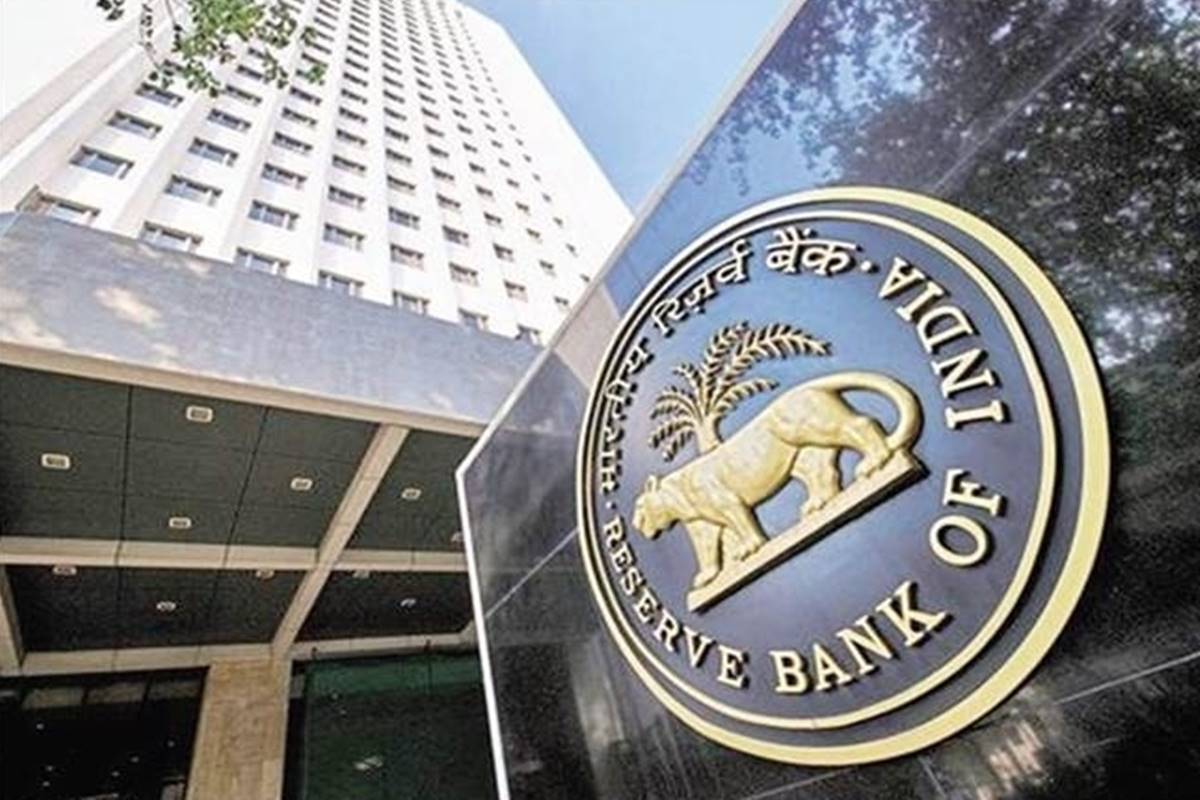The Reserve Bank of India (RBI) confirmed on May 31 that banks and other regulated entities cannot cite its 2018 circular on cryptocurrencies because it was set aside by the Supreme Court (SC) in March 2020. The RBI stated that the circular is no longer effective as of the date of the SC ruling and that it cannot be referred to or quoted from.
This clarification follows a series of previous investor communications from banks like HDFC and SBI, which highlighted a 2018 circular to warn investors about the “uncertain regulatory landscape” in this industry. Investors were urged to understand the nature of these transactions and to be mindful of the hazards connected with crypto and virtual currencies.
The circular does, however, include a cautionary warning about banks performing due diligence in cryptocurrency concerns. Banks were told to maintain complying with KYC (Know-Your-Customer) and AML (Anti-Money Laundering) requirements, among other things.
“We welcome the move from the RBI to clarify the stand around the old circular which was set aside by the honorable Supreme Court. I hope the confusion around the same ends now. We also respect the concern the banks may have around AML (anti-money laundering) policies and discussions around the same will make the industry stronger, and investors and investments safer.” said Sumit Gupta, CEO, and Co-founder, Coin DCX.
Due diligence, on the other hand, is a legal requirement that all financial institutions must fulfill. All of this leads to a bright future for the booming crypto business, which has been hampered by ambiguous government policies and laws.
Despite the country’s ambiguous cryptocurrency landscape, Indians have invested more than $1 billion in the cryptocurrency market, making India one of the top virtual currency trading countries.
Experts believe there is now a chance for substantial industry-government collaboration on crypto-related policies. “This is very positive for the ecosystem and it feels like overall consensus within the government and regulatory bodies are against stifling innovation and growth in the Crypto ecosystem in India,” Sandeep Naliwal, Co-Founder and Chief Operations Officer at Polygon, an Indian blockchain scalability platform, said.
When Mark Cuban of Shark Tank fame invested in Polygon, the company skyrocketed in popularity. Polygon’s native token, Matic, has risen in value from $26 million upon its start in 2019 to moreover $14 billion in recent months.
RBI’s statement to banks on cryptocurrency investments clears their position on whether customers are legally allowed to invest in crypto. Instead of denying service to their customers based on an invalidated circular, it is time banks came on board the crypto investment bandwagon, allow the crypto exchanges to hold accounts with them, and enable customers to make investments via all possible options, including UPI and bank transfers. Cryptocurrencies are the future and we must ensure we stay at the forefront of this technology”, emphasizes Ashish Singhal, CEO, Coinswitch Kuber.
With RBI’s consent and clearance on the trading of cryptocurrency and an increasing number of businesses and individuals embracing cryptocurrencies and the underlying blockchain applications, formal regulation of the sphere is no longer a pipe dream. As the government strives for increased financial inclusion and engagement, it is critical that a suitable environment be created to make this possible.
This article is contributed by Ms. Dishita Sheth, Intern at Ajmera Law Group




